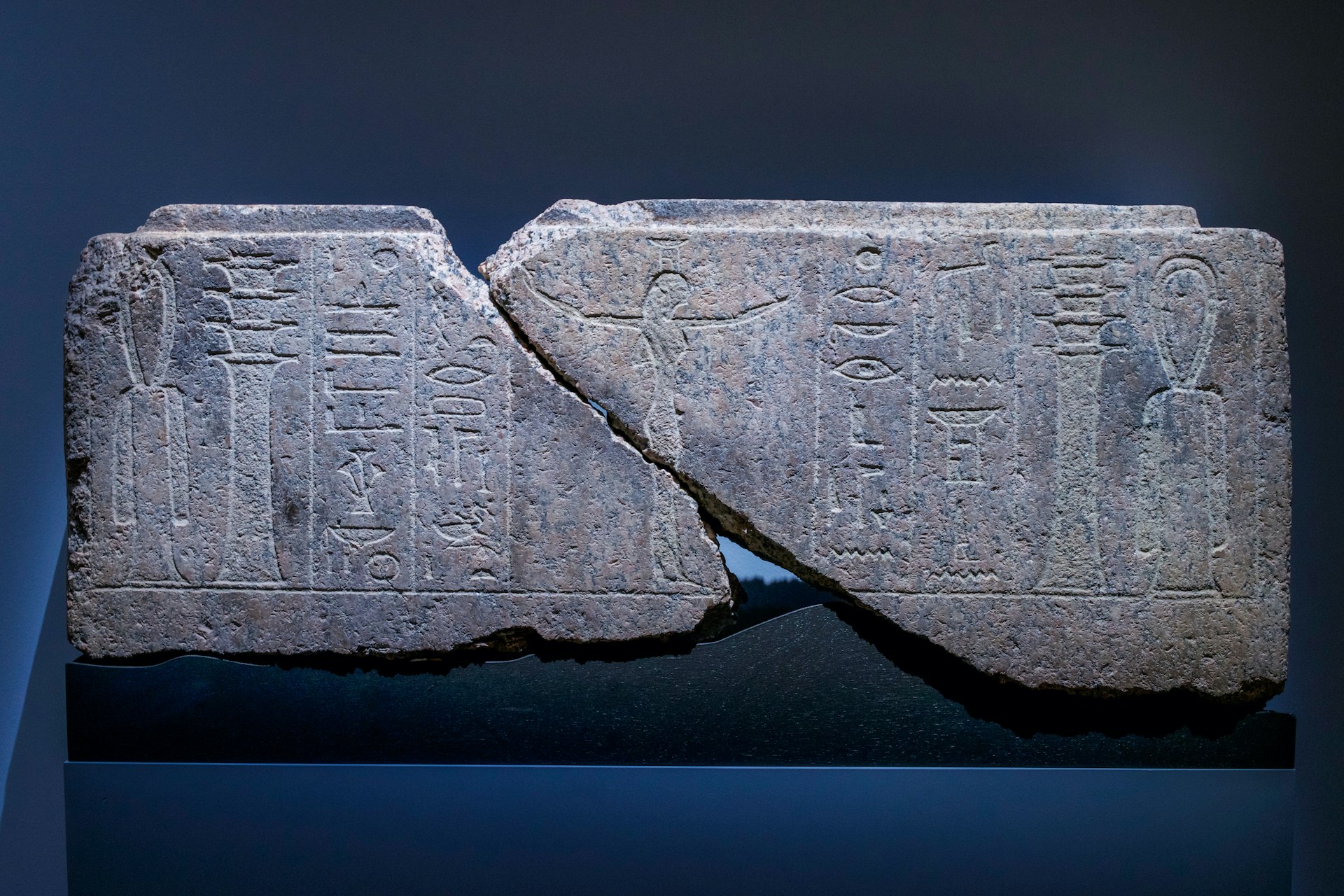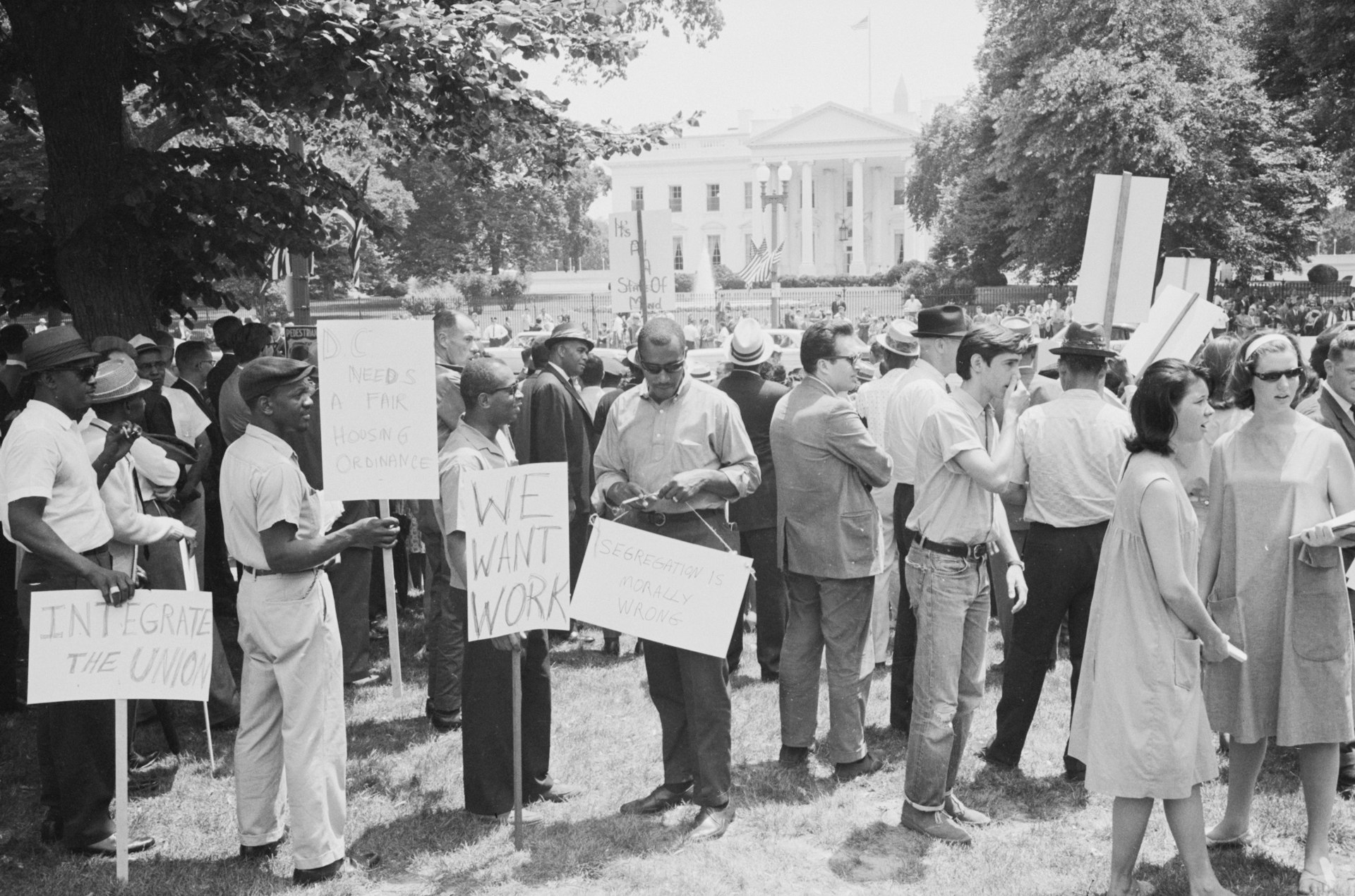How Sports and Games Have Shaped Culture: A Journey Through History and Meaning

Photo by Kishan Modi on Unsplash
Introduction: The Cultural Power of Sports and Games
Sports and games have profoundly influenced human societies from the earliest days of civilization. These activities are far more than entertainment-they serve as expressions of identity, vehicles for social connection, and markers of historical change. Across continents and centuries, evidence reveals that nearly every culture has developed games or sports that embody their values, beliefs, and social structure [3] . This article provides a comprehensive look at the cultural history of sports and games, their evolution, and actionable steps for engaging with these traditions today.
Ancient Beginnings: Sports as Early Social Ritual
Archaeological studies show that games and sports date back thousands of years. Ancient Egyptians practiced wrestling, archery, swimming, and ball games as early as 2000 BCE, often depicted in tomb art and monuments [4] . The Greeks are widely credited with formalizing organized sports, most notably through the Olympic Games, which began in 776 BCE and quickly became the highlight of Greek social and cultural life [1] . These events promoted unity and friendly competition among the Greek city-states, sometimes drawing tens of thousands of spectators.
Artifacts from the ancient city of Ur (modern-day Iraq) include board games dating to 3000 BCE, while similar discoveries in Egypt and elsewhere demonstrate the universality of play across ancient societies [3] . In Mesoamerica, the ballgame was more than a pastime-it held ritual and even political significance, sometimes involving ceremonial sacrifice.
Medieval Transformations: From Feudal Games to Community Life
During the Middle Ages, sports reflected the social order and values of the time. For the nobility, tournaments such as jousting and archery contests celebrated chivalry and martial skill [2] . Peasants, meanwhile, participated in folk games-often rough, communal ball games that sometimes blurred the line between sport and social unrest [4] . These activities provided rare opportunities for communal gathering and relief from daily labor.
In Florence, Italy, the game calcio storico combined elements of soccer, rugby, and wrestling, highlighting the blending of athleticism and bravado. In England, medieval football was so popular (and unruly) that kings repeatedly tried to ban it-demonstrating the disruptive power sports could have on established authority.
The Birth of Modern Sports: Rules, Institutions, and Globalization
The 19th century marked a turning point with the codification of sports rules and the establishment of governing bodies. Industrialization and urbanization in Britain and beyond created new leisure time, giving rise to spectator sports like cricket, soccer (football), and rugby [2] . These games spread globally, especially through the influence of the British Empire.
The modern Olympic Games, revived in 1896, became a symbol of international cooperation and competition, echoing their ancient Greek predecessors. Today, sports remain a vital part of national identity, education, and even diplomacy, as seen in events like the FIFA World Cup and the Olympic movement [1] .
Games and Identity: Social Meaning Across Cultures
Sports and games serve as powerful tools for shaping group identity and transmitting cultural values. In Indigenous communities, traditional games reinforce social cohesion and teach skills needed for survival. For example, lacrosse has deep spiritual and communal significance for Native American groups, while the Mesoamerican ballgame was intertwined with cosmology and statecraft [3] .
Modern institutions often use sports to build community and pride. Universities, such as Liberty University, host frequent sporting events that foster student engagement and school spirit [1] . On a global scale, national teams unite diverse populations behind a common cause, as seen in international tournaments.

Photo by National Library of Scotland on Unsplash
Preserving and Revitalizing Traditional Sports and Games
Many traditional games face the risk of being forgotten as societies modernize. Recognizing their cultural value, organizations such as the International Council of Traditional Sports and Games (ICTSG) work to safeguard, promote, and integrate these activities into education and development agendas [5] . The ICTSG, with support from UNESCO, coordinates global efforts to document and revitalize traditional sports through policy initiatives, partnerships, and public awareness campaigns.
If you are interested in learning about or participating in traditional sports, you can:
- Contact your local cultural or heritage organizations to inquire about community events featuring traditional games.
- Search online using terms like “traditional games [your region]” or “heritage sports events” to find active groups or workshops.
- Explore educational resources from established organizations-such as UNESCO’s Intangible Cultural Heritage program-which provide case studies and guidelines for preservation.
- Check with local schools or recreation centers, as many now include traditional games in their physical education curricula.
For educators and event organizers, integrating traditional games into school or community programming can foster inclusivity, cultural pride, and intergenerational learning. If you wish to support the preservation of these practices, consider volunteering with organizations dedicated to heritage sports or proposing new events in your area.
Challenges and Solutions: Maintaining Relevance in Modern Society
One of the main challenges in preserving traditional sports is competition from modern, commercialized activities. Younger generations may be more familiar with global sports like soccer or basketball than with games rooted in their own heritage. Solutions include adapting traditional games for modern contexts, using digital media to share tutorials and stories, and creating partnerships between schools, museums, and local governments.
Alternative approaches may involve blending traditional and modern rules, developing new formats for competition, or using festivals and public events to celebrate cultural heritage in an engaging way. The key is to emphasize the unique value and meaning these games offer, beyond mere recreation.
Getting Involved: Practical Steps for Individuals and Communities
If you want to participate in or help preserve the cultural legacy of sports and games, here are practical steps you can take:
- Research your community’s history to identify traditional games or sporting events that may still be practiced.
- Reach out to local museums, heritage societies, or sports clubs to learn about opportunities for involvement.
- Encourage schools and youth programs to include traditional games in their activities, highlighting their educational and social benefits.
- Share stories, photos, and experiences of traditional games with friends and family to inspire interest and participation.
While not all historical games have formal organizations or online resources, you can often find introductory guides, video demonstrations, or cultural exhibitions through a simple web search or by contacting relevant cultural institutions. If you are looking for global perspectives, UNESCO and the ICTSG provide official reports and event listings on their websites-search for “UNESCO Intangible Cultural Heritage” or “International Council of Traditional Sports and Games” to locate these resources.
Conclusion: The Enduring Impact of Sports and Games
The cultural history of sports and games is a testament to their enduring role in human society. They bridge generations, foster community, and reflect our deepest values. By understanding their origins and supporting their preservation, we contribute not only to cultural diversity but also to the richness of our own social experience. Whether through active participation or advocacy, every individual can play a part in keeping these traditions alive for future generations.
References
- [1] Liberty University Champion (2024). Observing history through sports: The importance and relevance of sports within a culture.
- [2] Yellowbrick (2023). Evolution of Sports History: From Ancient Games to Modern Sporting Events.
- [3] Yale Human Relations Area Files (2015). Games and Sports.
- [4] Wikipedia (2023). History of Sport.
- [5] Wikipedia (2023). Traditional Sports and Games.



